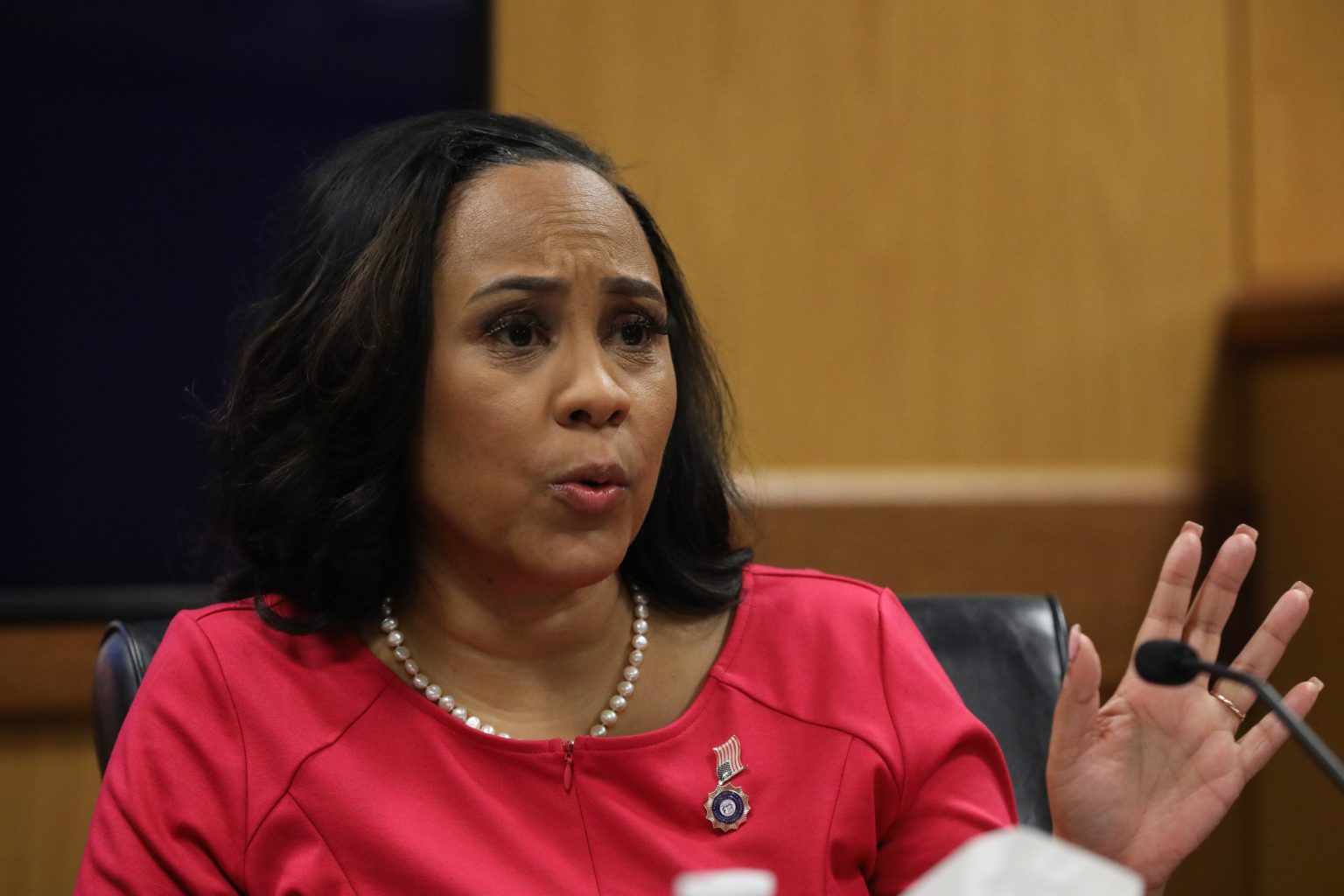Special counsel Jack Smith’s recent filing in the federal election interference case against Donald Trump could have implications for Fulton County District Attorney Fani Willis’ case against Trump in Georgia. Smith’s filing aims to convince the court that the offenses charged in the federal indictment were taken by Trump in his private capacity, therefore allowing them to remain part of the case. This filing could provide a clear road map for the Georgia case, as it validates much of the allegations made against Trump in Fulton County. Law professor Anthony Michael Kreis believes that Smith’s argument, if accepted, could strengthen the hand of the Georgia prosecutors by providing valuable evidence they may not have been aware of previously.
In Georgia, Trump and 18 others were indicted on charges related to an illegal scheme to overturn the 2020 election results. While all initially pleaded not guilty, four individuals have since pleaded guilty to lesser charges after reaching deals with prosecutors. Efforts to disqualify Willis and special prosecutor Nathan Wade from the case due to a perceived conflict of interest were unsuccessful, with the court ruling that no conflict existed as long as Wade stepped aside. Trump’s appeal of this decision will be heard by the Georgia Court of Appeals in December, which could impact the timeline for the case to go to trial.
The federal case against Trump was delayed by a Supreme Court ruling that provides former presidents with broad immunity from prosecution for acts carried out in office. This delay, coupled with efforts to postpone Trump’s sentencing in another case until after the election, means that both the federal and Georgia cases will not be resolved before November’s election. Trump has denied any wrongdoing in all of the cases and labeled them as politically motivated. Kreis notes that the outcome of the election will likely determine the fate of the federal case, as a win by Trump could lead to its dismissal by the Department of Justice. However, a potential second term for Trump would not shield him from the Georgia case, as a sitting president cannot pardon state crimes, leaving the possibility of a trial in Georgia hanging over him.
Ultimately, the timing of the trials in both the federal and Georgia cases against Trump hinges on the outcome of the upcoming election. While a win by Trump could lead to the dismissal of the federal case, the Georgia case remains a possibility due to the limitations on presidential pardoning for state crimes. The recent filing by Jack Smith in the federal case could have significant implications for the Georgia prosecutors, providing them with valuable evidence and a clear path forward in the case. The legal battles surrounding both cases highlight the complex interplay between federal and state jurisdictions in cases involving high-profile political figures and underscore the challenges prosecutors face in pursuing justice against powerful individuals.


